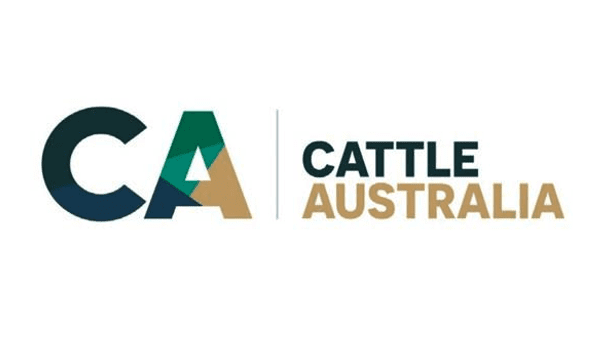THE grassfed cattle industry’s peak body has emphasised the fact that avian influenza, which is currently impacting US dairy cattle, has never been found in Australian wild birds, poultry or livestock.
 Cattle Australia put out a press release today to provide an update on the virus in the United States, which has drawn plenty of discussion in recent weeks. Beef Central has also been reporting on the spread of H5N1 (bird flu) and the impacts it has had on the US market (see here and here) where we have also made the point that it has never been detected in Australia.
Cattle Australia put out a press release today to provide an update on the virus in the United States, which has drawn plenty of discussion in recent weeks. Beef Central has also been reporting on the spread of H5N1 (bird flu) and the impacts it has had on the US market (see here and here) where we have also made the point that it has never been detected in Australia.
The virus H5 Highly Pathogenic Avian Influenza (HPAI), commonly known as avian influenza or bird flu, has been detected in some dairy herds in the United States, in what is the first detection of the virus in cattle overseas.
H5 HPAI viruses are known to be present in wild birds in the US and we understand infection may have first been introduced to the affected herds through the wild bird population. While cases among humans in direct contact with animals infected with the virus is possible, the existing risk to the public in those countries experiencing an outbreak remains low as the currently circulating strains do not easily transmit between humans.
As Australia’s peak representative body for the grass-fed cattle industry, Cattle Australia is actively tracking this issue as it evolves and as more information from the US becomes available.
Current situation in the US
H5 HPAI viruses are known to be present in wild birds in the US. It is understood that infection may have been introduced to one or more affected herds from wild birds, however spread to new areas by movements of dairy cattle cannot be ruled out, and this is currently under active investigation by US authorities. Within affected herds, milking equipment or farm workers may be contributing to transmission.
According to information provided by the USDA’s Animal and Plant Health Inspection Service cattle infected with HPAI show mild signs of illness, such as decreased milk production, reduced appetite, lethargy, fever and/or dehydration. Little to no mortality has been reported and Cattle Australia understands that infected animals are recovering.
The USDA is encouraging US producers and veterinarians to minimise dairy cattle movement and uphold good biosecurity. They are not anticipating the need to depopulate affected dairy herds. The USDA and the Food and Drug Administration is also reporting that there is currently no concern about the safety of milk supply.
As of 1 April 2024, The United States Centers for Disease Control and Prevention released a statement about a human case, where the presenting patient had been exposed to dairy cattle in Texas that were presumed infected with H5 HPAI. This person had mild symptoms, including conjunctivitis, and is recovering.
Background on H5 HPAI
Since first being detected in 1996, H5 HPAI viruses have spread to wild birds and poultry in all continents, except Australia. They can have significant animal health and welfare implications for poultry and wild birds, and some variants have caused sporadic infections in mammals.
A wide range of mammals across the world have been infected by HPAI, including marine mammals (e.g. seals and dolphins) and terrestrial mammals such as bears, pigs, goats, mink, cats and dogs. Typically, they become infected after exposure to infectious material from infected wild birds.
Source: Cattle Australia



Please avoid using the sweeping statement “Avian Influenza never found in Australia” when in fact some strains were found here at least in the 1970s and 1980s. Cattle Australia correctly referred only to the current strain in the US, H5 HPAI having never been found in Australia.